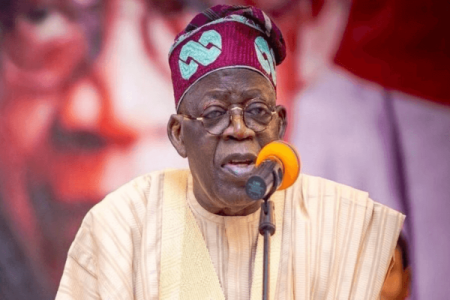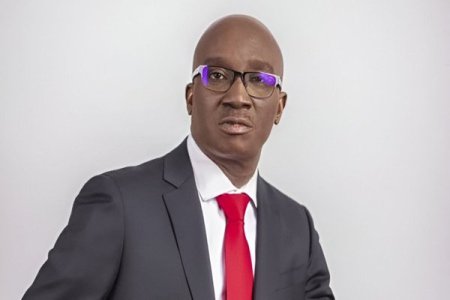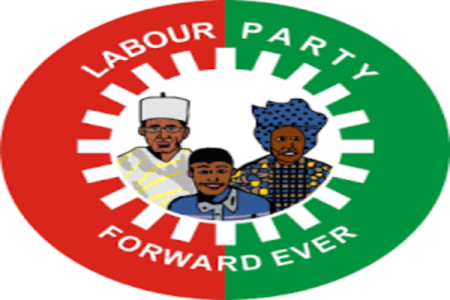
Presidency dismisses 33.69% inflation rate as not "staggering," claims food prices dropping. Cites Tinubu's reforms, student loan scheme to ease burden despite economic challenges inherited.
The Nigerian Presidency has downplayed concerns over the country's high inflation rate of 33.69%, with the President's Special Adviser on Information and Strategy, Bayo Onanuga, dismissing it as not "staggering." Onanuga claimed that the inflation rate has been slightly reduced on a month-to-month basis, and citizens will soon begin to feel the positive impact of this reduction.
During an interview with Television Continental (TVC), Onanuga stated that contrary to reports from most news outlets, food prices have been relatively dropping and will continue to decline across the country. He emphasized that President Tinubu is actively implementing measures to ensure that citizens do not feel the pain of the federal government's reforms.
"I read a report recently saying inflation has moved to a staggering 33.69%. How is it staggering? Last month in April, inflation was 33.4 something. Then it moved by a mere 0.26%," Onanuga said. "In fact, from March to April, inflation slowed down. So things are improving. People will soon begin to feel the impact of all these reductions."
Onanuga further noted that President Tinubu is not responsible for most of the economic challenges in the country, as he inherited many of these problems before assuming office. He cited the example of the student loan scheme introduced by the government to support students in financing their tuition fees for higher learning as one of the measures to alleviate the burden on citizens.
However, Nigeria is facing one of its most severe economic difficulties in over three decades, with inflation surging above 30%. According to the National Bureau of Statistics (NBS), the country's inflation rate reached 33.95% in May 2024, up from 33.69% in April 2024, driven by factors such as insecurity, lack of funds for farmers, and high import duties on food items.





